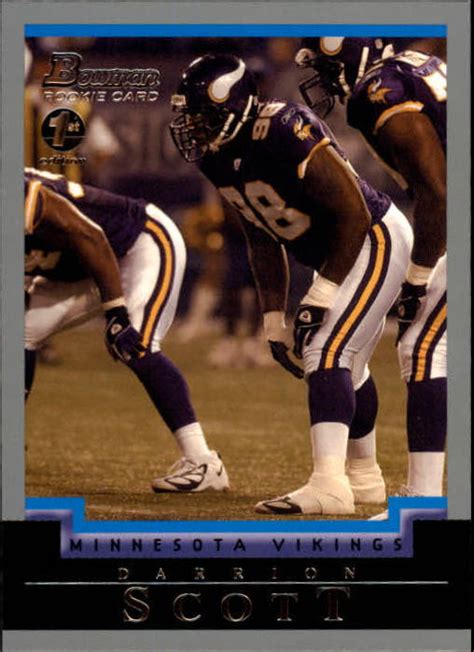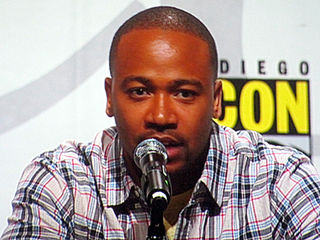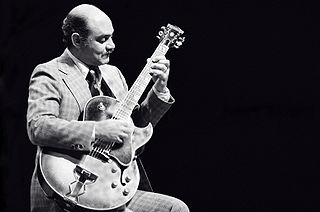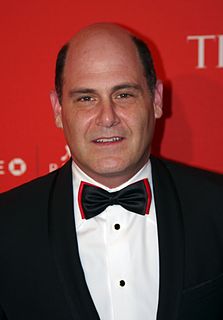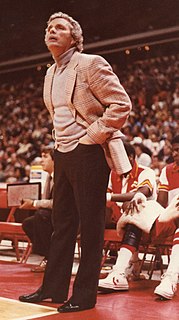A Quote by August Wilson
I know some things when I start. I know, let's say, that the play is going to be a 1970s or a 1930s play, and it's going to be about a piano, but that's it. I slowly discover who the characters are as I go along.
Related Quotes
When I go to see people, I always kind of hope they are going to play some kind of songs I know. So you've got to know your audience. It's kind of something that is a blessing and a curse in a way. You're obligated to play some of that stuff that people know, but I don't think that's all you have to do.
It's one of the best feelings in the world to hit the quarterback like that, hear the crowd go crazy, and then to watch it on film. You look forward to those types of plays. The best part about it is that you never know when it's going to come. Every play you've got to go hard and every play you've got to think and believe that you're going to get that quarterback sack. If you don't get it that play it might be the next play so you've always got to be thinking about it, and when it comes, it's the best.
You stay with the foundation and then you just try different things because you don't know how the director will cut it and you want to give him, what will work, and you want to give him some options, give yourself some options, discover some things when you start to play. That's what we do; we get paid to play.
My father would say, 'Play a scale,' and I'd play one and he'd say, 'What about the rest? There must be one above,' so we'd figure them out. I'd start the scale on the root of the chord and I'd go as far as my hand would reach without going out of position, say, five frets, and then I'd go all the way back. So when ! practised I'd start right away on scales. As well as the usual ones, I'd play whole tone scales, diminished, dominant sevenths, and chromatic scales. Every chord form, all the way up, and this took an hour.
Success has a lot of things that go along with it and I haven't experienced any personal resentment. I can't control any of that and I try not to worry about it. I hope that's not the case, you know. Most of the writers that I know and artists that I know understand what was going on. I think there's just as many things going on in the awards process that have to do with the show having won a few times.
[Phil wood] put on some [Igor] Stravinsky and say to follow the score, tell me to play me the opening to the Rite of Spring. Or, "I'm going to play you some 20th century obscure classical composer you don't know". Or, "Let's listen to some Charles Ives, let's sight read some Bartok violin duets", etc.





